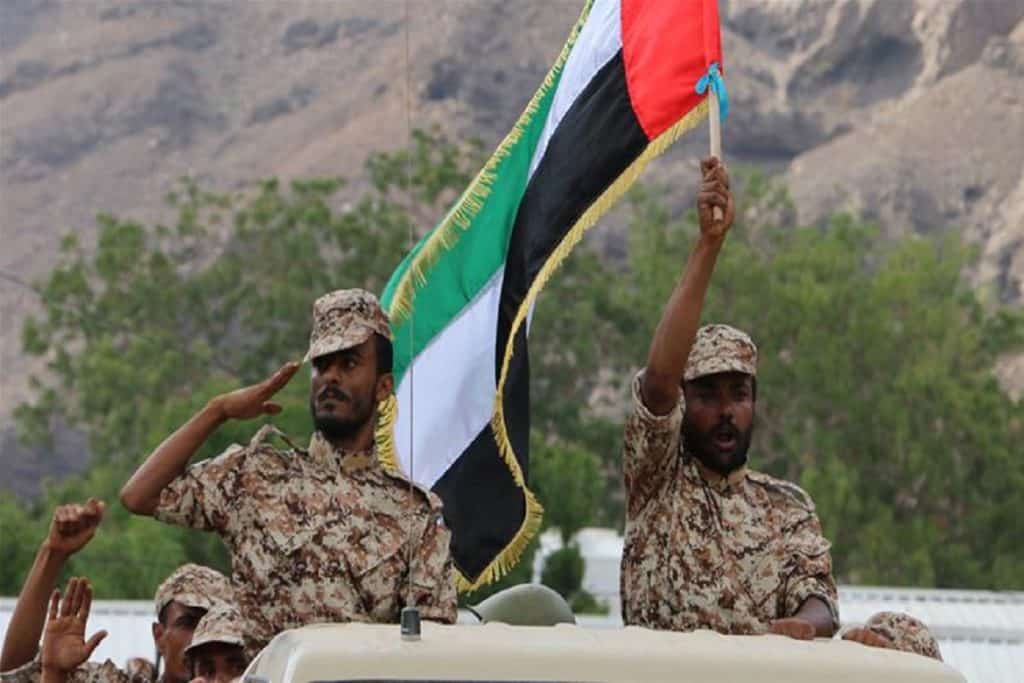By Denis Korkodinov
Being an Arab monarchy and in a strategic alliance with other Persian Gulf states, the United Arab Emirates (UAE) has often demonstrated a diametrically opposite approach to solving geopolitical problems.
The political regime of the United Arab Emirates is not theologized, as, for example, in Saudi Arabia. In addition, the Crown Prince of Abu Dhabi, Mohammed bin Zayed, is a more popular and influential politician in the international community than his Saudi counterparts.
In addition, the armed forces of the UAE are not prone to passive defense, but are constantly developing and maintaining their fighting spirit. Thus, the presidential guard of the emirate is one of the combat-ready military units in the Arab world.
In this regard, the alliance of Middle Eastern states gives the UAE a special status, associated primarily with its ability to conduct active actions and the ability to build cunning geopolitical combinations.
A striking manifestation of such a strategy of the Emirate is its action in Yemen.
The widespread media campaign on the withdrawal of the UAE armed forces from Yemen was actually aimed at hiding the Emirate’s intention to divide the state using local groups and, in particular, the Southern Transitional Council. This policy has led to a series of armed clashes with Saudi army units, which are based on the view that it is necessary to maintain a unified Yemen.
Unlike Riyadh and the United States, the UAE does not intend to sever relations with Iran, and therefore try not to exert pressure on the ayatollah regime in connection with attacks on oil tankers in the Persian Gulf. In addition to this, a memorandum of understanding was signed between the emirate and Tehran in July 2019, aimed at expanding security cooperation.
Despite criticism from the White House administration and its Arab neighbors, the emirate maintains relations with the regime of Bashar al-Assad in Syria. For this reason, in December 2018, the UAE opened their embassy in Damascus.
Meanwhile, it is worth noting that such an independent course of the emirate does not at all indicate its intention to ensure friendship with Iran or Syria. For Abu Dhabi, the Iranian threat and the actions of the Asadites in the Syrian theater of war still remain relevant. However, the emirate is ready to create situational alliances for a short time in order to protect its interests in the region. Among other things, the UAE is not sure that Washington will succeed in creating a powerful coalition against Tehran or Damascus.
The emirate began to actively express doubts about US policy, especially after the White House administration confirmed the lack of its own capabilities in the case of the RQ-4A Global Hawk drone shot down by Iran. Abu Dhabi analysts saw this as Washington’s inability to influence Tehran in any way. Among other things, the SAA’s successful efforts to liberate the city of Khan Sheikhun in the Syrian province of Idlib demonstrated that Washington’s pressure on Bashar al-Assad’s regime was inconclusive. This once again confirmed the UAE on the correctness of it’s own geopolitical course, independent from the USA.
(The views expressed in this article belong only to the author and do not necessarily reflect the views of World Geostrategic Insights)
Image credit: Najeeb Almahboobi/EPA-EFE







